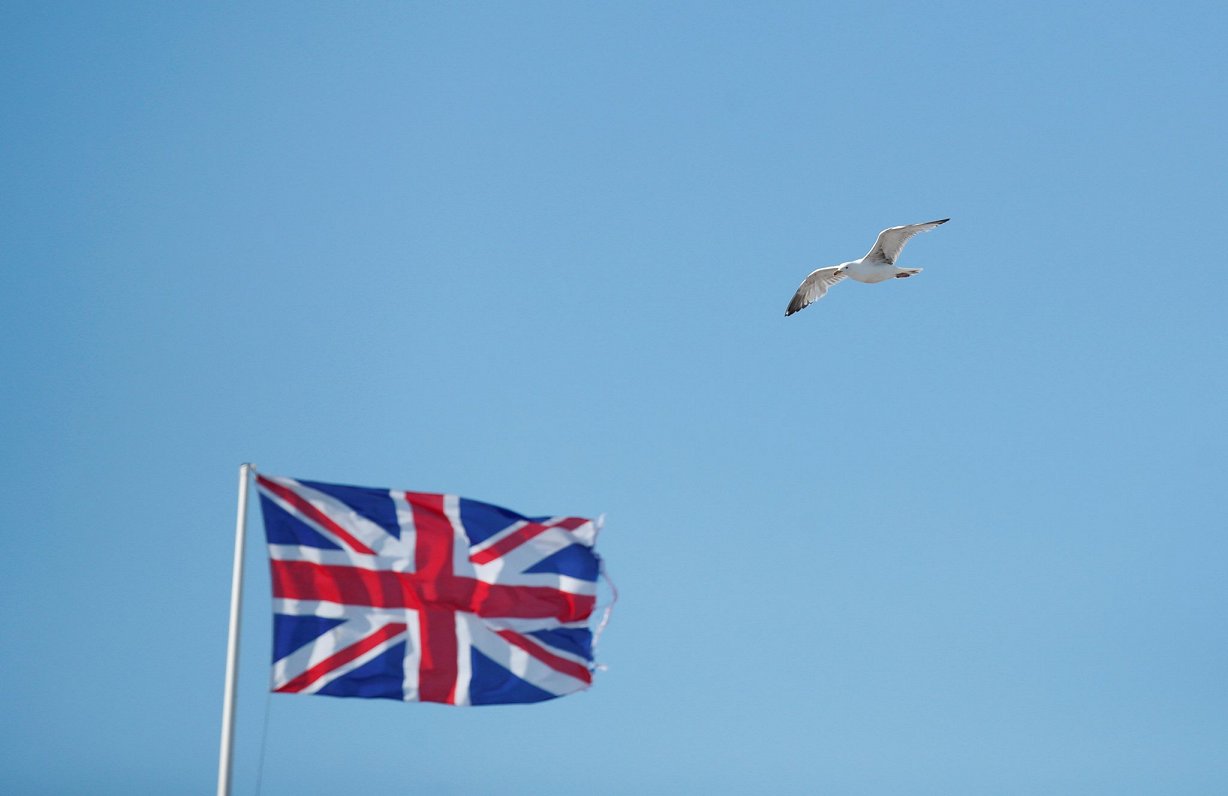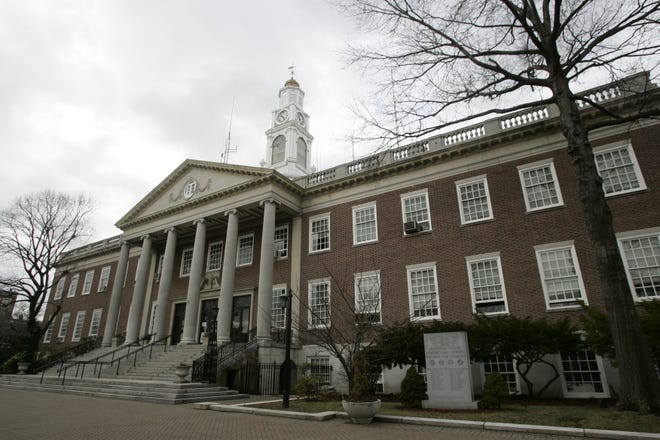On 31 January this year, Britain withdrew from the European Union (EU). There is a transitional period until 31 December, which means that the United Kingdom does not participate in EU decision-making, but cooperation continues as before. How will this affect Latvian companies that export their goods and services to Great Britain?
Great Britain is the sixth largest export market in Latvia. According to statistics, goods and services worth 436 million euros were exported to England by August this year, which is more than 5% of Latvia’s total exports. Two thirds of Latvia’s exports to Great Britain are wood and sawn timber.
“Sawn timber and wood products have been taken away for 275 million euros this year. Also various types of metal and aluminum building structures and electrical equipment, various machinery, hardware, furniture: pharmacy is less than 10 million. This year, in the services group, we see that there is air transport and the aviation industry, travel and the financial sector. Our exports to Great Britain have decreased by 12% in eight months this year, ”said Jānis Salmiņš, Head of the Analytical Service of the Ministry of Economics.
Exports are affected not only by Brexit, but also by the Covid-19 pandemic.
Last week, the State Revenue Service (SRS) organized a seminar on changes in exports to Great Britain. Irena Knoka, a representative of the SRS Customs Board, said that the Latvian authorities were going to withdraw from the EU without an agreement.
“Given how free the movement of goods has been so far, the administrative burden or customs control suddenly appears. The Member States suddenly have an external border: the Eurotunnel in France, the ports of Belgium and the Netherlands, where transhipment is most active. You have to prepare very seriously there. The increase in terms of cargo handling will be a maximum of about 10%.
The airport customs control point and the port of Riga will have a heavier load. The key is to prepare in a timely manner.
The first thing we are calling for is an Eori number specifically for customs purposes. It does not require additional costs. It will not be possible to complete customs procedures before January 1, but you can prepare today, ”Knoka pointed out.
Līga Menģelsone, Director General of the Latvian Employers’ Confederation (LDDK), was able to say that entrepreneurs are going to see that exports to Britain will become more expensive. “We call attention to 1 January next year, when there will be access to European systems to complete the movement of goods. Great care must be taken to ensure that the transition is not complicated or expensive.
Of course, everyone has already calculated their costs, because they will be similar to those in third world countries, ”said Mengelsone.
Entrepreneurs are waiting for the establishment of a contact point from the state. “It would be good practice. In the event of a change, this contact point can quickly provide an assessment of both practical matters and how to deal with issues.
It is very important to have someone who knows all aspects and can help quickly, as it usually involves time and money.
Over time, entrepreneurs will also have more experience, so there will be fewer questions, ”said Mengelsone.
Reinis Āzis, the former head of the Latvian Representation of the Latvian Investment and Development Agency (LIAA) and now the Deputy Director of LIAA, assessed that Latvia’s exports to Great Britain are declining in the service sector and tourism. He estimated that small and medium-sized enterprises would be most affected by Brexit.
“Experienced exporters have a team working in both the UK and third world countries, and these entrepreneurs will be able to reorient and meet the challenges. Small and medium-sized enterprises that only export to the EU have access to export, import procedures and administrative documents that did not exist before. The second main thing is tariffs and quotas, then look at product groups. For example, in the wood industry and electronics, we compete in the British market with other EU countries, now the rules will be the same for everyone. The British have not followed these procedures since joining the EU in the middle of the last century.
I expect that there will be quite significant delays on the part of the British partners, which I am even more concerned about than the competitiveness of our entrepreneurs, ”admitted Āzis.
The SRS invites entrepreneurs to follow the current information on changes in customs tariffs and procedures for export to Great Britain on the SRS website and in the EDS system.
CONTEXT:
Great Britain on 31 January formally left EU, but there is a transitional period until the end of the year, during which the British will continue to be subject to all EU rules.
An EU-UK trade agreement should be concluded by the end of 2020. If this fails, both sides will start trading under the rules of the World Trade Organization, which provide for substantial customs duties on many goods and other barriers to trade.
–
Highlight text and press Ctrl+Enterto send the text to be edited!
Highlight text and press Report a bug buttons to send the text to be edited!
–
–


